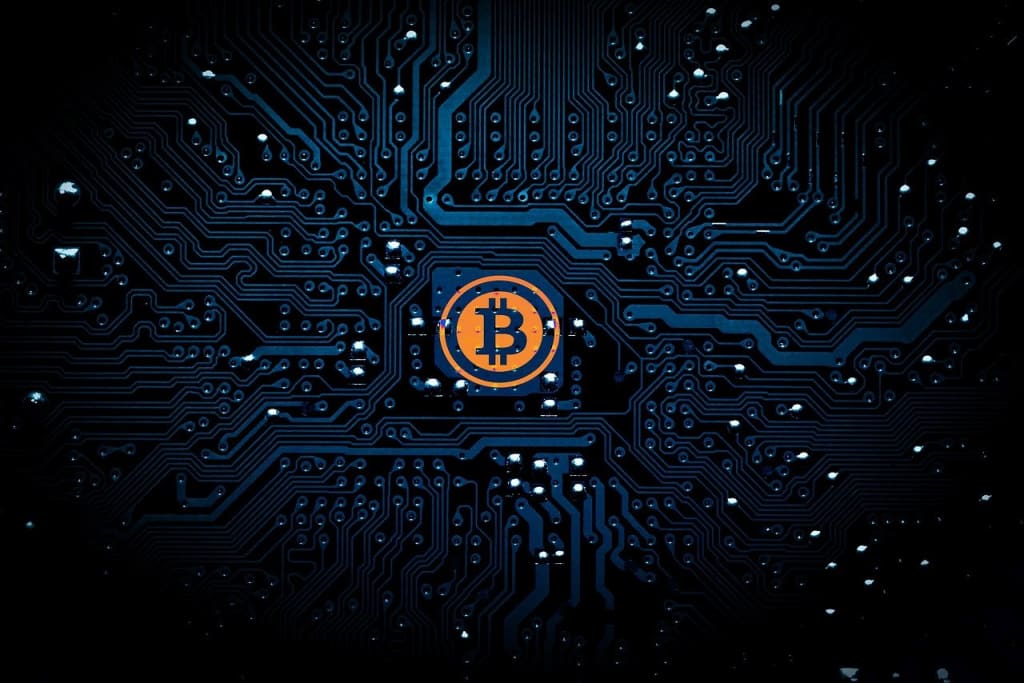No, Ripple Is Not The Next Bitcoin; It's Better.
Let's decode the old BTC vs XRP, shall we?

It's 2020, and the hottest battle of cryptocurrencies, an industry worth more than $600 Billion, began as soon as the lockdown started this year, fueling new and old enthusiasts in the same old "Bitcoin vs Altcoins" battle.
It's 2020, and the hottest battle of cryptocurrencies, an industry worth more than $600 Billion, began as soon as the lockdown started this year, fueling new and old enthusiasts in the same old "Bitcoin vs Altcoins" battle.
It's 2020, and the hottest battle of cryptocurrencies, an industry worth more than $600 Billion, began as soon as the lockdown started this year, fueling new and old enthusiasts in the same old "Bitcoin vs Altcoins" battle.
This battle is highly complicated yet less talked about, but this is easier said than done.
Well, known cryptocurrencies such as Bitcoin (BTC), Ripple (XRP), Litecoin (LTC) and Ethereum (ETH) are rallying, soaring high and high during this pandemic, leaving new crypto-investors and blockchain enthusiasts laughing with the joy of tears.
But it is Ripple, that mostly outdid the others on several parameters. Those of us dealing with cryptocurrencies already have a feeling that Ripple has overtaken Bitcoin in many aspects.
Find out more about these crypto titans and their irrefutable impact in a world of digital transactions.
Let's do some background checks here, shall we?
Bitcoin was created by an anonymous person named Satoshi Nakamoto, who wanted an "anonymous" transactional system to emerge. His peer-to-peer digital monetary system commenced steering clear of any intermediate bodies, ensuring his vision of reduced expenses, amplified security, and diminished fraud.
Soon after Bitcoin, another company named Ripple started a competitor digital currency in 2012. Although the intended purpose of Ripple was to help institutions to transfer currencies and commodities such as gold or oil over the Ripple network with fewer restrictions and lesser fees, later it also turned out to be a hot choice for trade enthusiasts.
A potential reason why the major forego institutions forego Bitcoin and choose Ripple over it is the speed of transfer and cost associated with transactions. This also includes international banks such as Bank of America, Crédit Agricole, Royal Bank of Canada, etc.
Also, nobody likes to rest their face on their palms until a transaction is over. While Ripple takes a few seconds to commit a transaction, Bitcoin closes it in close to 10 minutes or even an hour during peak usage. Both are way faster than the traditional transaction processes but Ripple has an edge.
Talking about costs associated, Ripple charges only a negligible 0.0001 XRP (current equivalent to 0.000061 US Dollar) for every transaction. Shocking? That's right. Indeed, it is a negligible amount charged when you send money using XRP.
On the other hand, there is a substantial downswing of transaction fees with Bitcoin. It charges 0.00019 BTC (current equivalent to $3.492 US Dollar) per transaction, which is indeed less but not inconsiderable like Ripple.
Institutions, enthusiasts, and crypto traders who have to make frequent transactions of whatever amount of money, prefer XRP to BTC for mainly these two reasons.
Bitcoin and Ripple, both are based on blockchain technology.
Bitcoin is a strongly decentralized, peer-to-peer currency, concerning only the two recipients in a transaction and the miner who confirms the transaction.
All BTC nodes and records of transactions are globally distributed making it difficult for perpetrators to snoop into a system and hack the network for their gain.
With XRP, most things remain the same but there is less decentralization - meaning - just a handful of validators is enough to process Ripple transactions as it relies on a consensus mechanism. Ripple, the company behind XRP, maintains its network on independent and private servers. Hence, prompt confirmation of a transaction can happen without a principal authorization.
Although Ripple's fast and reliable network allows validators to trust the network more than individual interests, this acts in direct opposition against decentralized blockchain protocol where we don't have to confer faith in the government or a single supreme body and let them abuse their power.
This centralization, however, helps to control the volatility of the market price, which is another reason behind Ripple's success. Bitcoin and other cryptocurrencies, on the other hand, are decentralized and hence, so volatile that there have been cases of 75% fall in value in a single day, which doesn't sound good from the perspective of a business.
Bitcoin and Ripple are two of the most used cryptocurrencies in the world and can be compared similarly to digital money. People can trade using such Bitcoin and Ripple, invest in the cryptocurrency market, make purchases with this money wherever applicable, and even convert them to USD, Euro or INR directly within the network and bypass all mediators.
Users can also use Ripple when they want to transfer currencies or assets such as gold, petrol, over a network, outside a geographical area without any restrictions.
What are the brownie points you can have with Ripple?
You can liquidate your reserves for a steady money transfer using Ripple. Many banks around the world like Goldman Sachs, JPMorgan Chase & Co., Citigroup Inc., Deutsche Bank, etc. are partners and keep themselves abreast of such cryptocurrency transactions.
Cryptocurrency is an industry of $600 Billion, a hot choice of investment during this pandemic, that has shown no signs of slowdown so far.
With innovations like Smart Contacts and 5G upcoming, certainly, this industry will likely thrive.
People have put their faith in it. No wonder why Bitcoin was flying at its all-time high of $19,832.27 per coin this year itself, which only cements the same fact.
On the other hand, while cryptocurrencies are popular in some countries such as United States of America, Canada, Japan, UK, France, etc., it is banned in Russia, Bangladesh, Bolivia, Algeria, etc. Some countries like India, Argentina, Paraguay, etc. has no laws, which makes it a grey business.
With interesting promises and a horde of advantages, global citizens are keen to find out what difference it can bring to the world of finance.
People need to put their trust into cryptocurrencies, buy and sell, and invest in them to figure out their real potential.
Currently, Bitcoin is trading at $19,832.27 and Ripple is trading at $0.589771.
A day is coming when you will bid adieu to PayPal, Credit cards, and banks.
These open-source payment systems will take over the traditional ones, where there will be no middlemen involved, and we will be able to make transactions freely with no restrictions, fueling the world to run at a faster pace and businesses to thrive better.
Till that day comes, we must put our hope and trust in Blockchain.
Do you want me to write articles for you? Contact me on LinkedIn or drop an email on [email protected]
About the Creator
TronSpyder
I'm lost in the sea of tech.






Comments
There are no comments for this story
Be the first to respond and start the conversation.